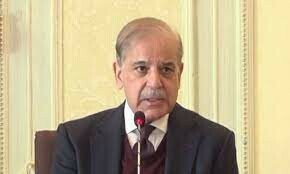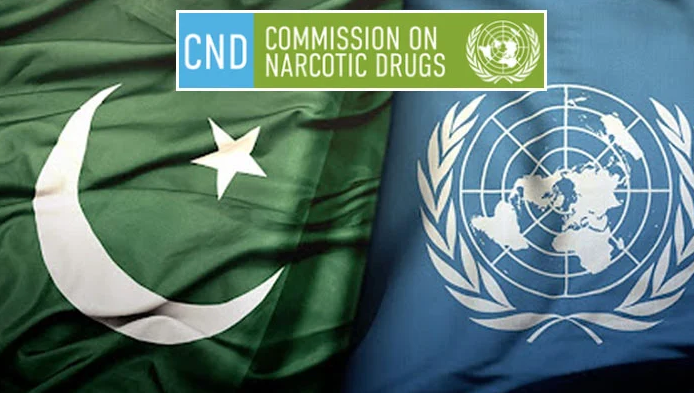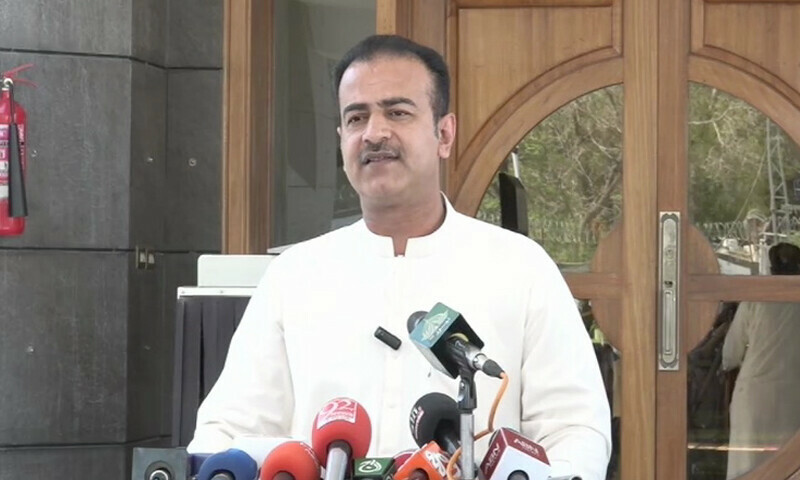POLITICS & POLICY MAKING

Prime Minister Shehbaz Sharif on Friday commended the effective and transparent implementation of the Ramazan Relief Package, instructing officials to replicate its model in future government initiatives.
While presiding over a review meeting, PM Shehbaz expressed appreciation for the government’s core team and key institutions for ensuring a flawless execution of the program. He emphasized that the initiative was successfully implemented across Pakistan, including Gilgit-Baltistan and Azad Jammu and Kashmir.
Key Highlights of the Ramazan Relief Package
- First-Ever Digital Wallet Introduced
- 1.9 million digital payments processed
- 951,191 digital wallets used
- 823,653 women and 2,541 persons with disabilities benefited
- 79% of Funds Successfully Delivered
- 2,224 employees deployed for implementation
- 1,273 complaints addressed in record time
- Extensive Awareness Campaign
- 6.2 million robocalls
- 178,700 outbound calls
- 6.1 million SMS alerts sent
PM Shehbaz acknowledged the contributions of the State Bank of Pakistan (SBP), Benazir Income Support Programme (BISP), Pakistan Telecommunication Authority (PTA), and NADRA, which played a crucial role in ensuring seamless digital fund transfers without intermediaries.
Ahsan Iqbal: A New Standard for Future Relief Programs
Speaking at a separate press conference, Planning Minister Ahsan Iqbal hailed the initiative as a milestone in public-private partnerships under the Digital Pakistan vision.
“This was the first relief program where funds were directly transferred to beneficiaries through digital wallets, eliminating leakages from middlemen,” Iqbal stated.
He emphasized that Utility Store Corporations (USC) were not involved, making the distribution process more efficient and corruption-free.
What’s Next?
PM Shehbaz assured that lessons learned from this initiative—including feedback from complaints—would be incorporated into future government subsidy programs. The success of this initiative sets a benchmark for upcoming welfare projects aimed at financial inclusion and digital transformation.




